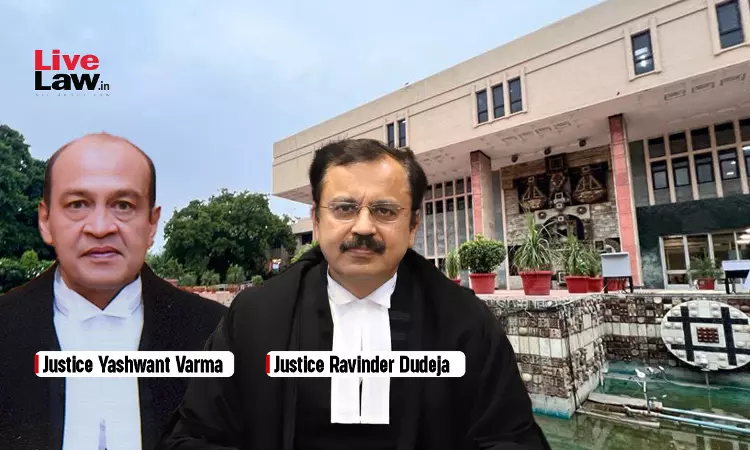The Delhi High Court has held that a subsidiary or an entity which is substantially controlled by another entity in a contracting State does not by itself become a Permanent Establishment (PE) of that other entity.Citing Article 5 of the India-Finland Double Taxation Treaty, a division bench of Justices Yashwant Varma and Ravinder Dudeja observed,“There is no general presumption in law that...

